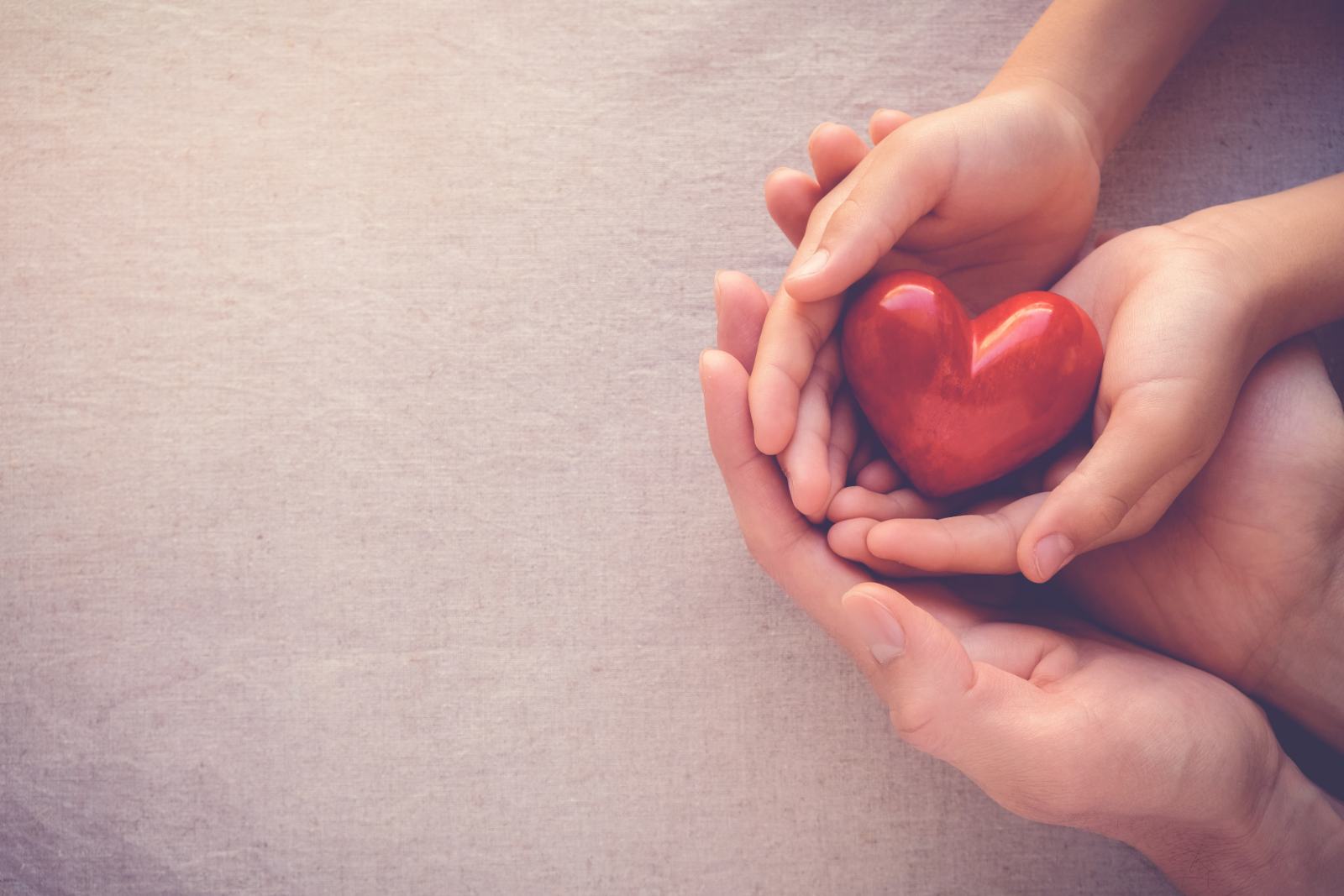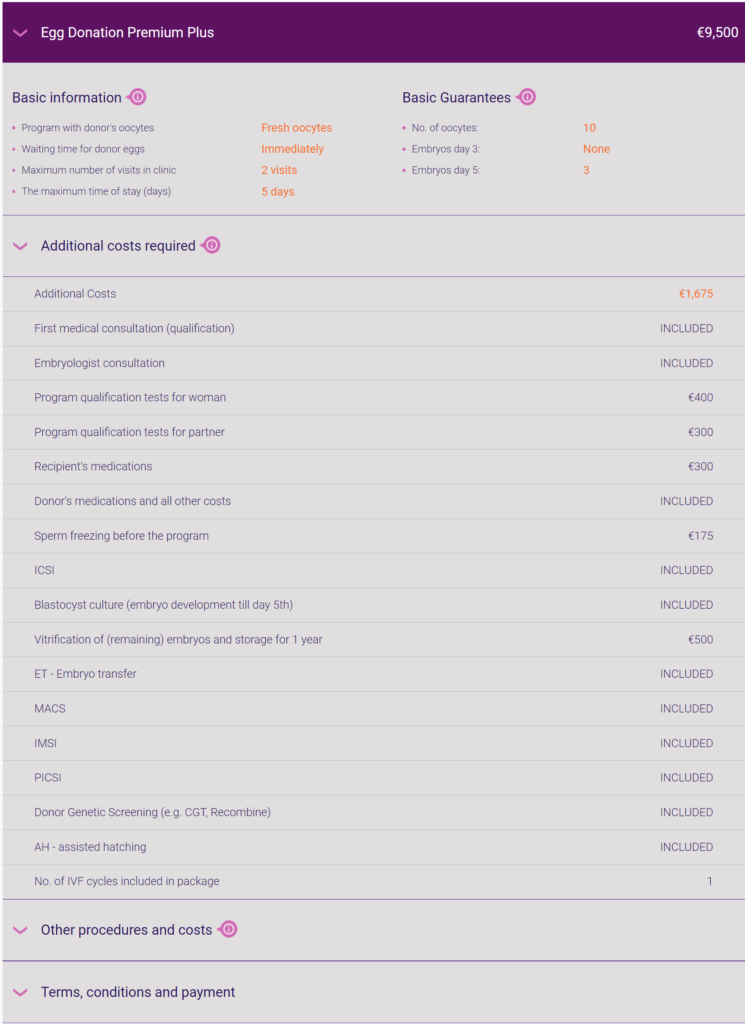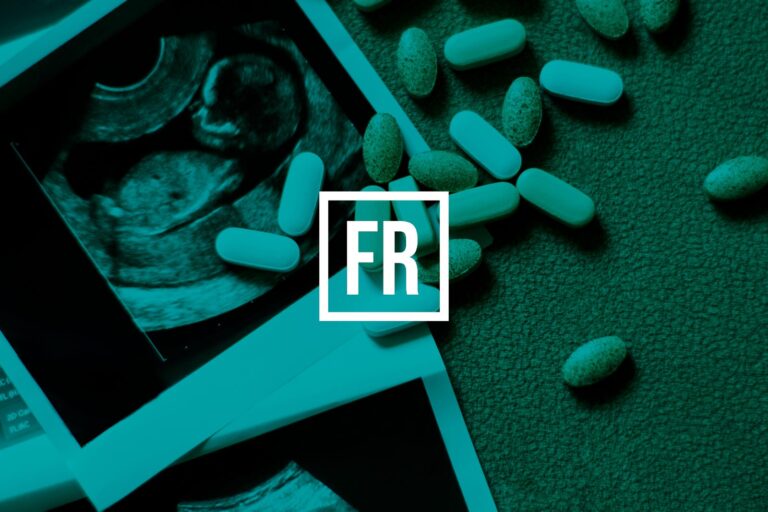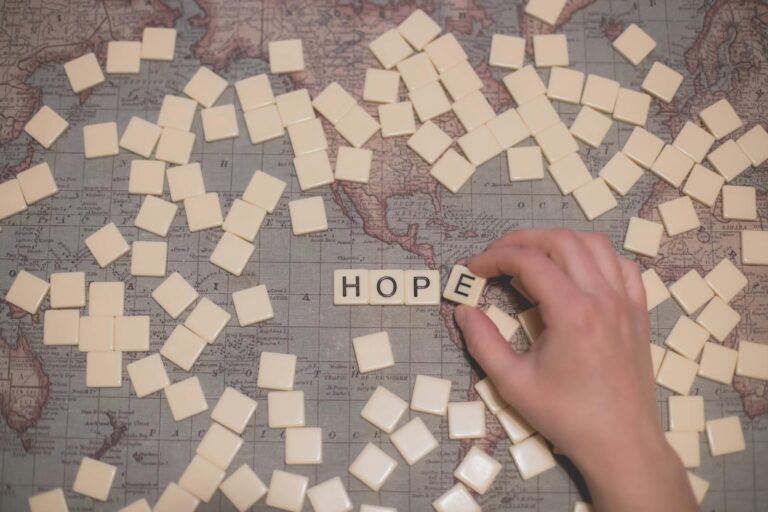IVF treatment using donor eggs (egg donation) has become one of the most sought after IVF treatments worldwide. Determining the best country for egg donation involves considering factors such as legal regulations, success rates, and ethical standards.
Egg donation (IVF with donor eggs) treatment involves fertilizing fresh or previously frozen eggs (oocytes) which have been provided by a donor with sperm provided by a person who is known to the patient (such as a partner) or a donor. Once fertilized the resulting embryo is then transferred to the patients uterus completing the process of donor conception.
IVF with donor eggs
The first pregnancy using donor eggs was documented in Australia in 1983, some five years after the first successful IVF procedure. Since then IVF with donor eggs has been the most sought-after procedure for women who can not achieve a pregnancy through IVF with their own eggs and is one of the main reasons why women travel for fertility treatment.
The reasons why egg donation procedures have become so popular with patients who travel for treatment are numerous but include:
- the wider availability (numbers and diversity) of donors – no waiting list for the treatment
- affordable cost of egg donation IVF,
- the possibility of choosing either a known or unknown egg donor depending on country law
Any form of donor conception obviously involves another person or people in the case of double donation treatment and quite understandably this can generate a number of issues, questions and potentially doubts, for the patient.
Egg donation treatment – what you should know
Egg donation treatments have been developed considerably in the four decades in which they have been practised.
IVF clinics offer donors who have been carefully selected and are in good physical and psychological shape, free from any genetic abnormalities or sexually transmittable diseases. Donors are young, normally aged below 35 and in the most popular destinations, there are usually no or very little waiting lists.
Depending upon the country in which donor conception treatment takes place certain details about the donor are able to be shared with the recipient.
In some countries like the UK, Portugal and Denmark – donors are non-anonymous meaning that the recipient and eventually the child can obtain details about the donor.
In other countries such as Spain, Greece, Croatia, and the Czech Republic, donors are anonymous. In the latter recipients may well only receive very basic information about the donor such as blood type or hair colour.
Many good IVF clinics however do provide additional tools which enhance the donor matching process without sharing personal information. These include a number of facial recognition or matching platforms which make it easier for patients to choose a donor that resembles them facially.
In some countries, despite favourable legal conditions IVF clinics are struggling to recruit egg donors – the egg donation in the UK is a very good example of such a situation.
Numerous individuals and couples from a variety of nations opt to pursue egg donation treatment abroad, driven by considerations such as cost-effectiveness, the availability of donors, or due to legal constraints present in their home countries. This decision is often informed by a thorough evaluation of the benefits offered by international fertility clinics, including advanced medical technologies, a diverse donor pool, and more accommodating legal frameworks for fertility treatments.
Egg donors – where to find them
In most cases, you (recipient) will be matched (phenotype matching) with the egg donor by an IVF clinic – even though the clinic use an external egg bank. So contact IVF clinics of your choice and as them directly about the availability of specific egg donors you are looking for. However, some of the patients would like to browse through the egg donor database to find one – it’s complicated in Europe – as in most countries the egg donation is anonymous – so sharing data about the egg donor is limited or not possible at all. This option may be offered directly by egg banks.
IVF with donor eggs – the process
The egg donation process begins when a donor has been screened to ensure they are in good health and have given their informed consent to donate. She then will receive hormone injections to induce ovulation which will help produce multiple eggs. Once these eggs have matured they are retrieved under sedation. The laboratory then takes over to attempt to fertilise the eggs with a partner’s (or donor) sperm; any resulting embryos are then transferred into the recipient’s uterus.
Eggs and/or embryos may be frozen to be transferred at a later date or alternatively, a fresh transfer cycle can be undertaken by synchronizing the donor and recipients’ cycles via medication.
After fertilisation, there are a number of stages in the treatment process which can impact the overall success rate. These crucial stages begin with whether the donated egg can develop into a viable embryo, whether it can implant properly and then finally whether it can develop and result in a clinical pregnancy.
There are various IVF add-ons available when undergoing the egg donation IVF process, for example:
- Donor Genetic Screening (CGT, Recombine)
- ICSI, blastocyst culture – often included in basic packages
- IMSI, MACS and any other techniques helping with a male factor
- Embryo monitoring
- AH (assisted hatching)
- EmbryoGlue
Egg donation costs
The cost of IVF with donor eggs varies per country and the number of additional procedures included in the package. Egg donation costs in Europe range from €5,000 to even €15,000 – depending on the country. Always make sure what’s is included as there are many different scenarios you may face during your IVF treatment process e.g.
- no embryos to transfer – so the next egg donation cycle may be offered
- egg donation cycle cancellation because there are no oocytes retrieved from an egg donor (fresh – synchronized cycle only)
- freezing of additional embryos – probably it won’t be possible to transfer more than 2 embryos – so if there are 3 or 4 cultivated – embryo vitrification and banking is necessary
- techniques that may impact the way the egg donation cycle process is organized – for example, PGT-A / PGS – genetic embryo testing
Below you will find the cost example of an egg donation program/package at one of the IVF clinics in Spain -the overall cost is 9,500 with plenty of additional options included, however, there is an additional cost of around 1,675 which covers program qualifications, recipient’s medications, sperm freezing and vitrification and storage of surplus embryos. It’s just one of the “IVF, egg donation package” examples.
Egg donation success rates
No IVF procedure is 100% guaranteed but any which uses eggs (or sperm) from a donor will usually result in a higher success rate which is due to the quality and viability of the donated gamete. Various IVF clinics offer IVF refund program which may guarantee the refund based on the expected outcome of the IVF treatment. Such packages are often called “IVF money-back guarantee” or “IVF guarantee”. IVF refund packages are expensive however usually there are 3 IVF cycles with donor eggs included in such a program.
If we consider patients of all ages there is an average donor egg success rate of 50% although this figure will go up or down depending on a number of factors including the patient’s health, the quality of the donated egg and resulting embryo or the expertise of the treatment provider. The success rates result above is a live birth – based on data from international assisted reproduction associations – ASRM, ESHRE, SART.
Compared to an IVF treatment when a woman provides her own eggs, IVF with donor eggs are on average more successful. This is particularly the case with older patients. Success rates for treatments involving the patients own eggs are obviously affected by different physical and genetic factors and these can be more impactful as we age.
Egg quality will naturally decline over time until a woman experiences menopause; quality will usually worsen after the age of 35. Using the eggs of a younger woman negates the importance of the patient somewhat and drastically improves the chances of success.
It is estimated that at the age of 45 the chances of a woman achieving a live birth from IVF using her own eggs is just 2%. Using a younger donor increases this percentage to the 50% figure and this figure can be increased yet again if multiple cycles are undertaken.
IVF with donor eggs is a tried and tested procedure which has offered hope to women who would have previously been denied the opportunity to become a mother.
It offers higher success rates than IVF using a patient’s own eggs and is an option available in most countries.





